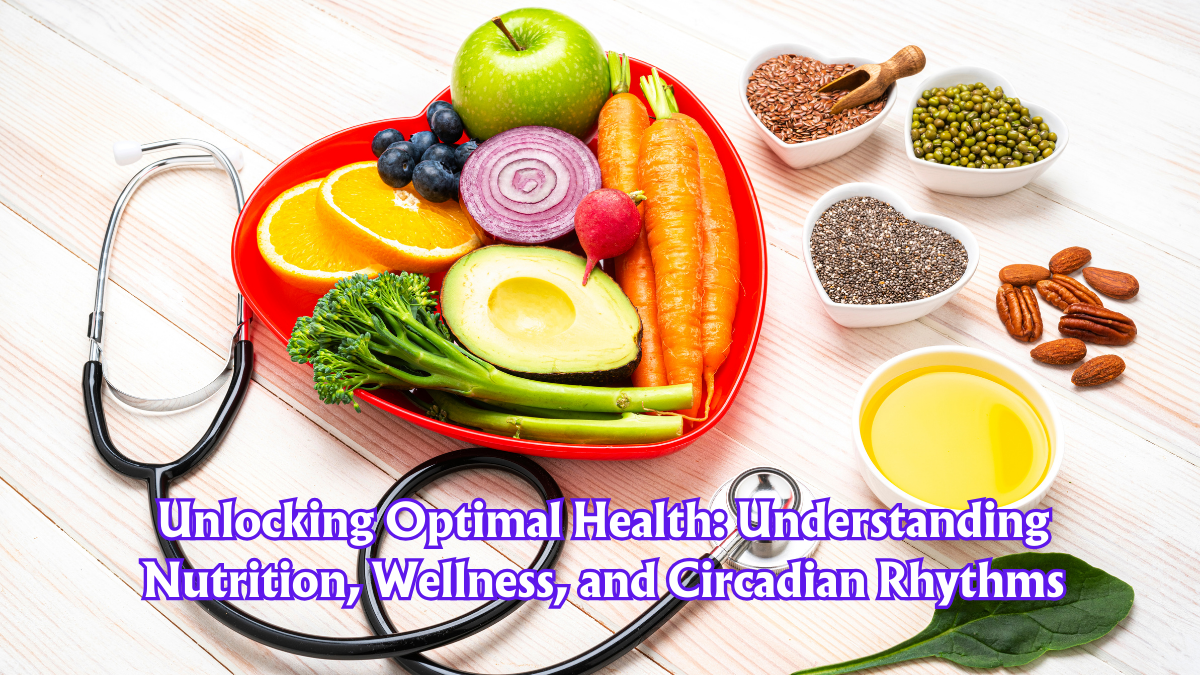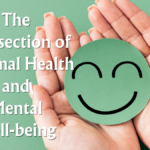Unlocking Optimal Health: Understanding Nutrition, Wellness, and Circadian Rhythms
In the pursuit of a fulfilling life, questions about optimal health and nutrition often arise. What does optimal health mean, and how can we achieve it? This comprehensive guide explores the profound connection between optimal nutrition, overall well-being, and the often-overlooked aspect of circadian health.
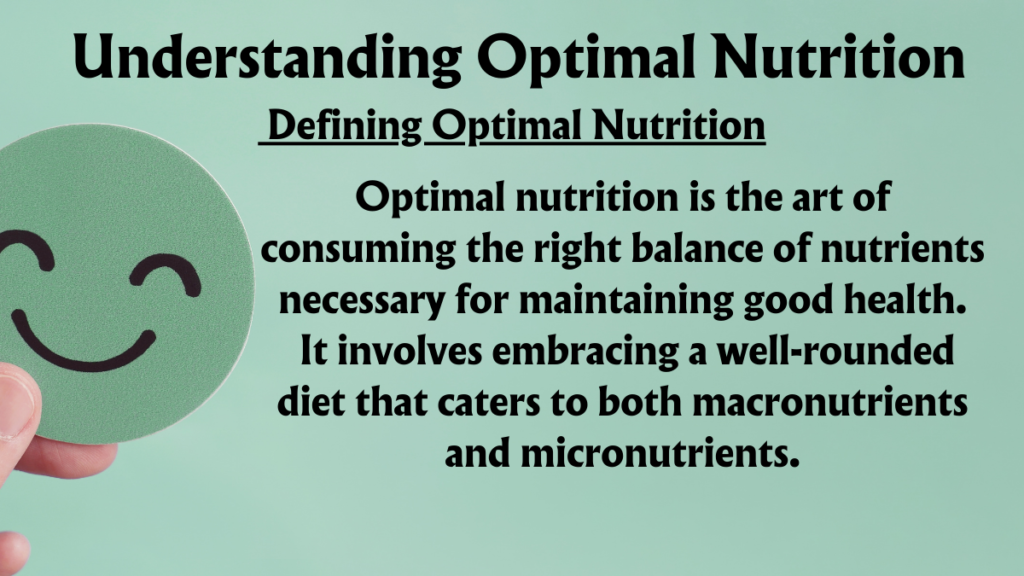
Understanding Optimal Nutrition
Optimal nutrition transcends mere satiation; it’s about providing the body with the precise nutrients it needs to function optimally. Let’s delve into the concept, significance, and actionable steps toward achieving optimal nutrition.
Defining Optimal Nutrition
Optimal nutrition is the art of consuming the right balance of nutrients necessary for maintaining good health. It involves embracing a well-rounded diet that caters to both macronutrients and micronutrients.

Importance of Optimal Nutrition
Optimal nutrition is a linchpin for several reasons:
– Macronutrients: Carbohydrates, proteins, and fats are the body’s building blocks, each serving a unique role in overall health. Carbs fuel energy, proteins aid in tissue repair, and fats contribute to essential bodily functions.
– Micronutrients: Essential vitamins and minerals play a crucial role in various bodily functions, from maintaining healthy skin to supporting immune responses.
– Caloric Intake Balance: Striking a balance between caloric intake and energy expenditure is vital for maintaining a healthy weight and overall well-being.
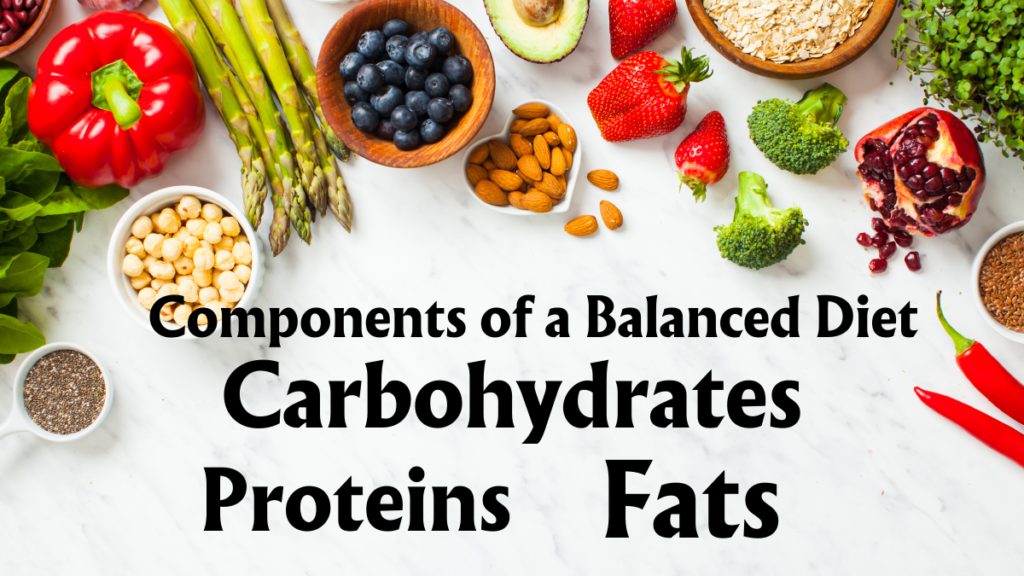
Components of a Balanced Diet
Understanding the components of a balanced diet is key:
– Carbohydrates: The primary source of energy that should constitute a significant portion of daily caloric intake.
– Proteins: Essential for tissue repair, enzyme production, and immune function.
– Fats: Necessary for the absorption of fat-soluble vitamins and providing sustained energy but should be consumed in moderation.
Hydration for Optimal Nutrition
Proper hydration, often overlooked, is a vital component of optimal nutrition. Water is essential for numerous bodily functions, and maintaining adequate hydration is paramount.
Optimal Nutrition Throughout Life Stages
Nutritional needs evolve across different life stages:
– Children and Adolescents: Critical for growth and development, establishing the foundation for a healthy future.
– Adults: Focused on maintaining a balanced diet to support overall health and prevent chronic diseases.
– Older Adults: Attention to specific nutrients like calcium and vitamin B12 becomes crucial with age.

The Connection Between Nutrition and Health
Optimal nutrition is intrinsically linked to good health, acting as a preventive measure against conditions like obesity, diabetes, and heart disease.
Optimal Nutrition vs. Dieting
Optimal nutrition emphasizes sustainable, long-term choices rather than restrictive diets. It’s about making informed decisions for a healthier life.
Creating a Balanced Diet Plan
Consulting with a registered dietitian can help craft a personalized diet plan based on individual needs and goals.
Barriers to Achieving Optimal Nutrition
Lifestyle, access to healthy food, and personal food preferences can present obstacles to optimal nutrition. Identifying and addressing these barriers is crucial.
Practical Tips for Improving Nutrition
Simple yet effective tips include planning meals and snacks, choosing whole and unprocessed foods, controlling portion sizes, and cultivating mindfulness in eating habits.

What is Optimal Health?
Optimal health goes beyond the absence of illness; it encompasses a holistic state where physical, mental, and social aspects are at their best. Let’s break down the key components of optimal health.
Physical Health
Optimal physical health involves:
– Healthy Body Weight: Maintaining an appropriate weight for age, height, and body type.
– Regular Exercise: Engaging in physical activity to enhance cardiovascular health, strength, and endurance.
– Balanced Nutrition: Consuming a well-rounded diet with essential nutrients.
– Adequate Rest: Ensuring sufficient, quality sleep for bodily recovery.

Mental and Emotional Health
A positive mental state entails:
– Emotional Well-being: Effectively managing and understanding emotions.
– Stress Management: Healthily coping with stress.
– Mental Clarity: Maintaining a sharp mind and cognitive function.
– Healthy Relationships: Nurturing positive connections with others.
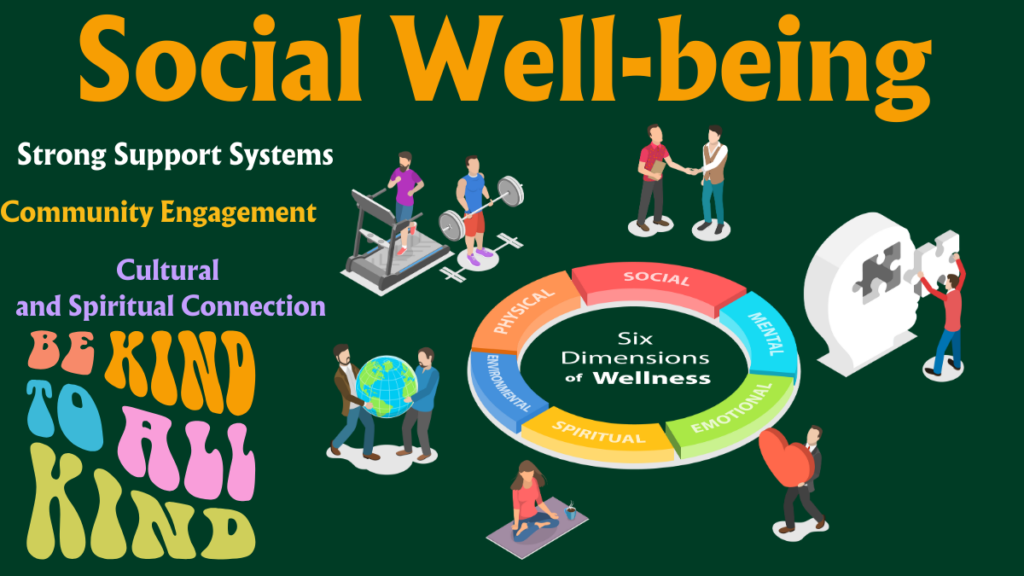
Social Well-being
Optimal health extends to the social realm:
– Strong Support Systems: Building a network of friends and family for emotional and practical support.
– Community Engagement: Active participation in community or social groups.
– Cultural and Spiritual Connection: Finding meaning and purpose through cultural or spiritual practices.

Preventative Measures
Taking proactive steps to prevent illness includes:
– Regular Check-ups: Routine health assessments with healthcare professionals.
– Vaccinations: Staying up to date with vaccinations to prevent infectious diseases.
– Health Education: Continuous learning about health issues for informed decision-making.

Environmental Considerations
Acknowledging the role of the environment:
– Clean and Safe Environment: Living and working in environments free from pollutants and hazards.
– Access to Healthy Resources: Having access to clean water, nutritious food, and healthcare.
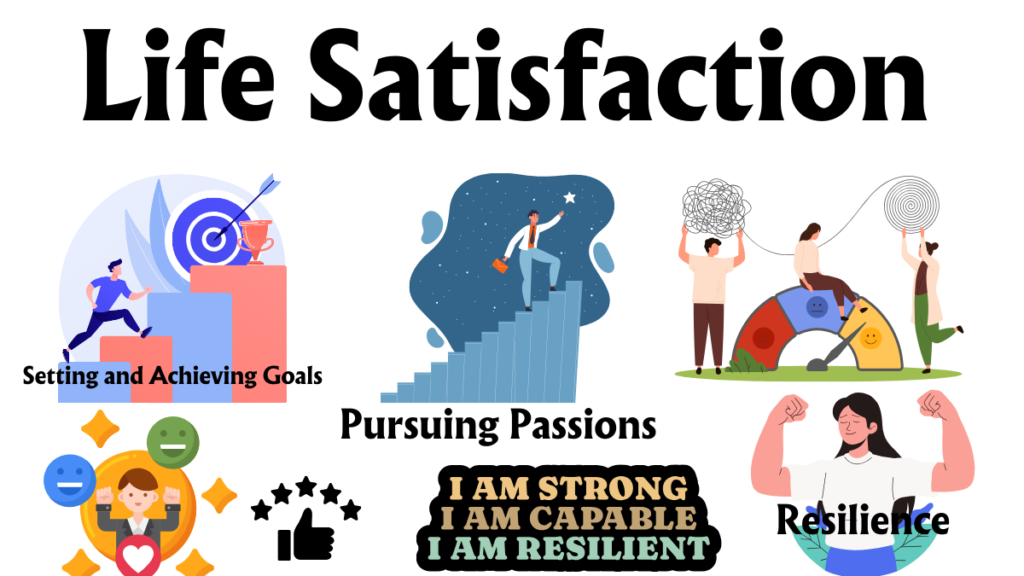
Life Satisfaction
Living a fulfilling life involves:
– Pursuing Passions: Engaging in activities that bring joy and purpose.
– Setting and Achieving Goals: Striving for personal and professional accomplishments.
– Resilience: Overcoming adversity and adapting positively to life’s challenges.
Optimal Circadian Health Reviews
Optimal health isn’t complete without considering circadian rhythms, our body’s internal clock. This often-overlooked aspect plays a pivotal role in overall well-being.

How Optimal Circadian Health Contributes?
Understanding and optimizing circadian health offers various benefits:
– Regulated Sleep: A well-aligned circadian rhythm promotes restorative sleep crucial for physical and mental health.
– Hormonal Balance: Regulation of hormone production influencing mood, energy levels, and bodily functions.
– Immune Function: A synchronized circadian rhythm supports a robust immune system, reducing susceptibility to illnesses.
– Digestive Health: Eating in sync with your body’s clock improves digestion and nutrient absorption.
– Energy Levels: A balanced circadian rhythm enhances energy levels throughout the day.
How to Optimize Circadian Health?
Achieving optimal circadian health is intertwined with overall health:
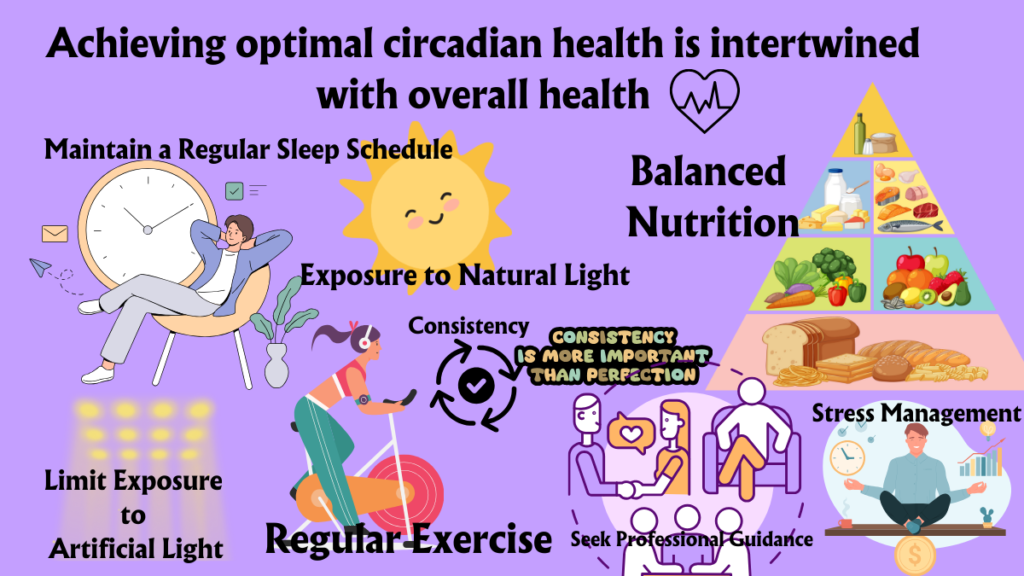
– Maintain a Regular Sleep Schedule: Go to bed and wake up at the same time daily to regulate your body’s internal clock.
– Exposure to Natural Light: Spend time outdoors during daylight hours to reinforce circadian rhythms.
– Limit Exposure to Artificial Light: Reduce screen time and bright artificial light, especially before bedtime.
– Balanced Nutrition: Align meals with your body’s natural rhythm, with a lighter dinner and avoid heavy meals close to bedtime.
– Regular Exercise: Engage in physical activity, avoiding strenuous workouts close to bedtime.
– Stress Management: Incorporate stress-coping strategies like meditation and deep breathing into your routine.
– Consistency: Maintain a consistent schedule in daily routines.
– Seek Professional Guidance: Consult healthcare professionals or sleep specialists if sleep or circadian rhythm issues persist.
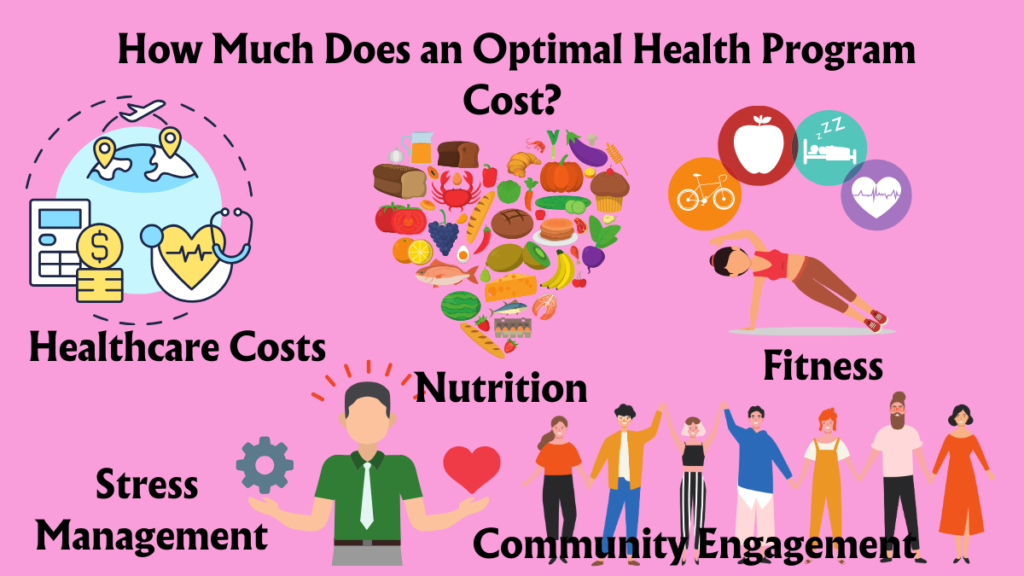
How Much Does an Optimal Health Program Cost?
Embarking on the journey towards optimal health prompts questions about costs. Expenses vary based on individual needs and choices.
Considerations for Cost
– Healthcare Costs: Routine check-ups and consultations with healthcare professionals depend on insurance coverage.
– Nutrition: Purchasing nutritious foods varies in cost, influenced by choices like organic or specialty items.
– Fitness: Costs range from free outdoor exercises to gym memberships and personal trainers.
– Stress Management: Techniques like meditation can be cost-effective or may incur expenses for classes or retreats.
– Community Engagement: Participating in community activities often requires little to no cost.
In Conclusion
Achieving optimal health is a dynamic, lifelong journey. It’s about continuous effort, self-awareness, and adaptation to life’s changes. Embracing physical, mental, social, and circadian well-being leads to a fulfilling and meaningful life. Your unique path to optimal health is a quest worth undertaking, promising immeasurable rewards in terms of quality of life.
Frequently Asked Questions (FAQs) about Optimal Nutrition, Health, and Circadian Rhythms
1. What is the significance of optimal nutrition?
– Optimal nutrition is crucial for overall health, preventing chronic diseases, and maintaining energy levels.
2. How can I balance macronutrients in my diet?
– The ideal macronutrient ratio varies, but a balanced diet typically includes a mix of carbohydrates, proteins, and healthy fats.
3. Why is hydration important for optimal nutrition?
– Proper hydration is essential for various bodily functions and overall health.
4. Is dieting the same as achieving optimal nutrition?
– No, optimal nutrition focuses on making sustainable, healthy choices, while dieting often involves restrictive, short-term plans.
5. How can I overcome barriers to achieving optimal nutrition?
– Identifying your barriers and seeking support from a registered dietitian can help you overcome obstacles and improve your nutrition.
6. What does optimal health mean?
– Optimal health refers to a state of well-being where physical, mental, and social aspects are at their best.
7. How can I achieve optimal health?
– Achieving optimal health involves maintaining a healthy weight, regular exercise, balanced nutrition, sufficient rest, positive relationships, community engagement, preventative measures, and environmental considerations.
8. What role does circadian health play in overall well-being?
– Optimizing circadian health contributes to regulated sleep, hormonal balance, robust immune function, improved digestive health, enhanced energy levels, and mental clarity.
9. How can I optimize my circadian health?
– Maintain a regular sleep schedule, expose yourself to natural light, limit artificial light exposure, align meals with your body’s rhythm, engage in regular exercise, manage stress, maintain consistency in daily routines, and seek professional guidance if needed.
10. What factors influence the cost of an optimal health program?
– Healthcare costs depend on insurance coverage, nutrition costs vary based on choices, fitness expenses range from free to gym memberships, stress management techniques may have associated costs, and community engagement often requires minimal to no cost.
In conclusion,
understanding the principles of optimal nutrition, health, and circadian rhythms empowers individuals to make informed choices for a life filled with vitality, purpose, and fulfillment.
Meaning of Optimal Health: What is Optimal Health? What are the 4 pillars of optimal health?


